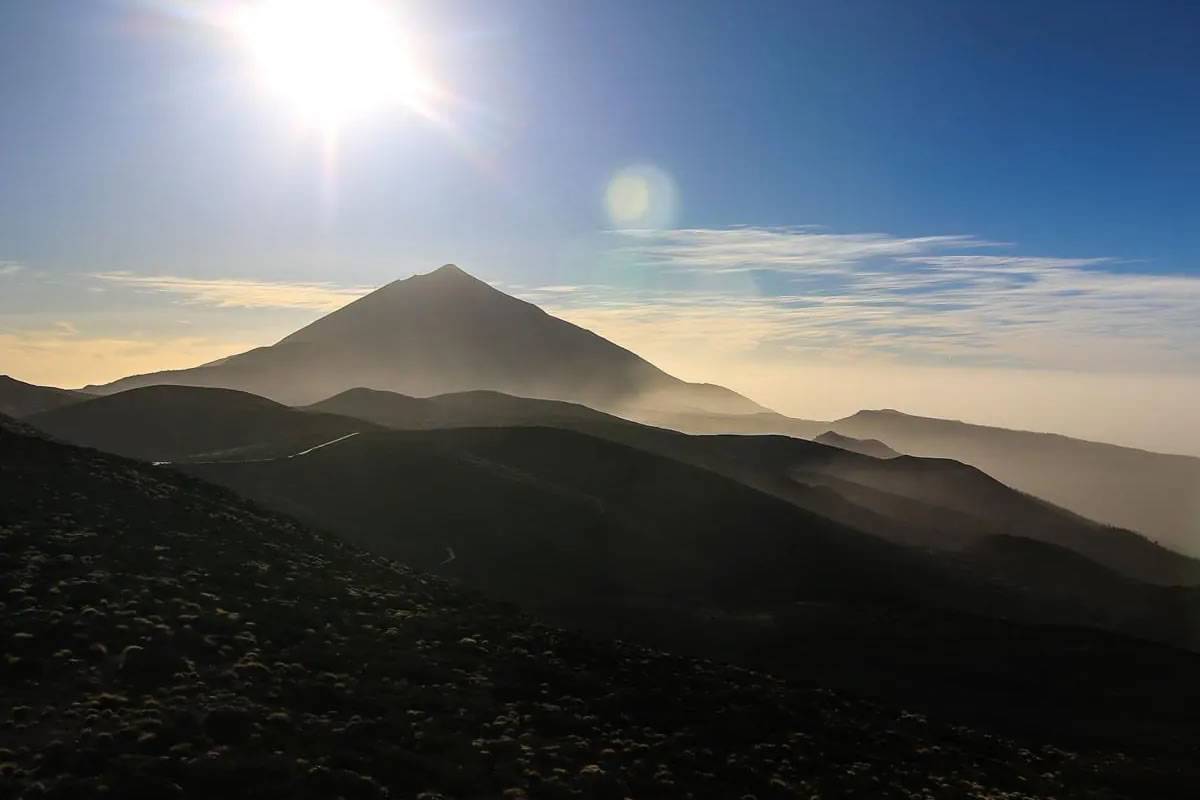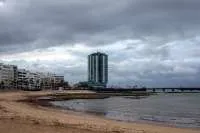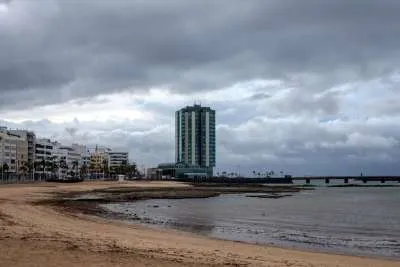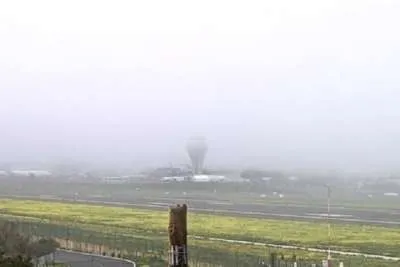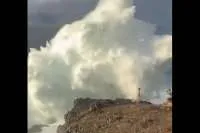This winter is the first with no snow on Teide for 108 years
- 15-03-2024
- National
- Canarian Weekly
- Photo Credit: Stock Image
This winter has been one of the strangest in the Canary Islands: no snow on Teide, no queues at the entrances to Teide National Park, and No thrill-seekers sliding down the white slopes on black bags or trays. That's been the scene this winter in Tenerife, marking the first time in the last 108 years, since 1916, that there hasn't been any snow on the island.
This information comes from the State Meteorological Agency (AEMET), which reports that the winter in the Canary Islands, spanning from December 1st to February 29th, has been the warmest since 1961, with an average temperature of 17.7°C, which is 2.5°C above the norm. These months were characterised by the constant presence of calima (Saharan dust haze) and a shortage of rainfall.
David Suárez, the AEMET delegate in the Canary Islands, presented the climatic balance of the winter and the seasonal forecast for spring in the islands, explaining that the winter of 2023/24 had a generally "very warm" character across the islands, although extensive areas experienced "extremely warm" conditions.
By province, the average temperature in Las Palmas de Gran Canaria (eastern islands) was 18.9°C (+2.4°C above normal) and in Santa Cruz de Tenerife (western islands) was 16.3°C (+2.6°C).
Breaking down by months, the average temperature in the Canary Islands during December was 17.2°C (+1.3°C), the fourth warmest December since 1961, January saw an average of 17.9°C (+3.1°C), the warmest on record, and February also had an average of 17.9°C (+3°C), also the warmest.
Furthermore, the highest temperature of the winter in the islands was recorded on January 16th in La Oliva (Fuerteventura) at 31.7°C, while the lowest temperature of -3.8°C was observed on December 23rd and 26th in Las Cañadas del Teide (Tenerife).
Regarding precipitation, this seasonal period was "very dry," ranking as the seventh driest since 1961, with only 36.6 mm of rainfall recorded, which represents only 28% of the expected rainfall for these months. In December, 41% (23.3mm) of expected rainfall was recorded, 13% (4.7mm) in January, and 23% (8.6mm) in February.
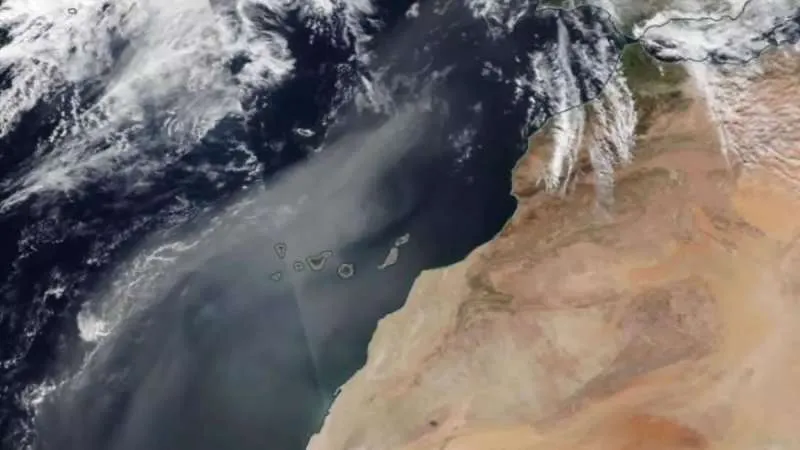
Moreover, the winter was marked by the constant presence of suspended dust, with up to six days of intense calima, whereas the average for the period from 1991 to 2022 was 4.2 days.
Throughout the winter, there were only twelve days without calima in the islands, meaning that 85% of December, January, and February experienced suspended dust and haze.
As for sea temperatures, the Canary Islands had an average temperature of 21.7°C during the winter, representing a 1.6°C higher temperature than usual.
Finally, the State Meteorological Agency expects the upcoming quarters in the archipelago to be characterised by warm and dry anomalies.
Other articles that may interest you...
Trending
Most Read Articles
Featured Videos
TributoFest: Michael Buble promo 14.02.2026
- 30-01-2026
TEAs 2025 Highlights
- 17-11-2025


